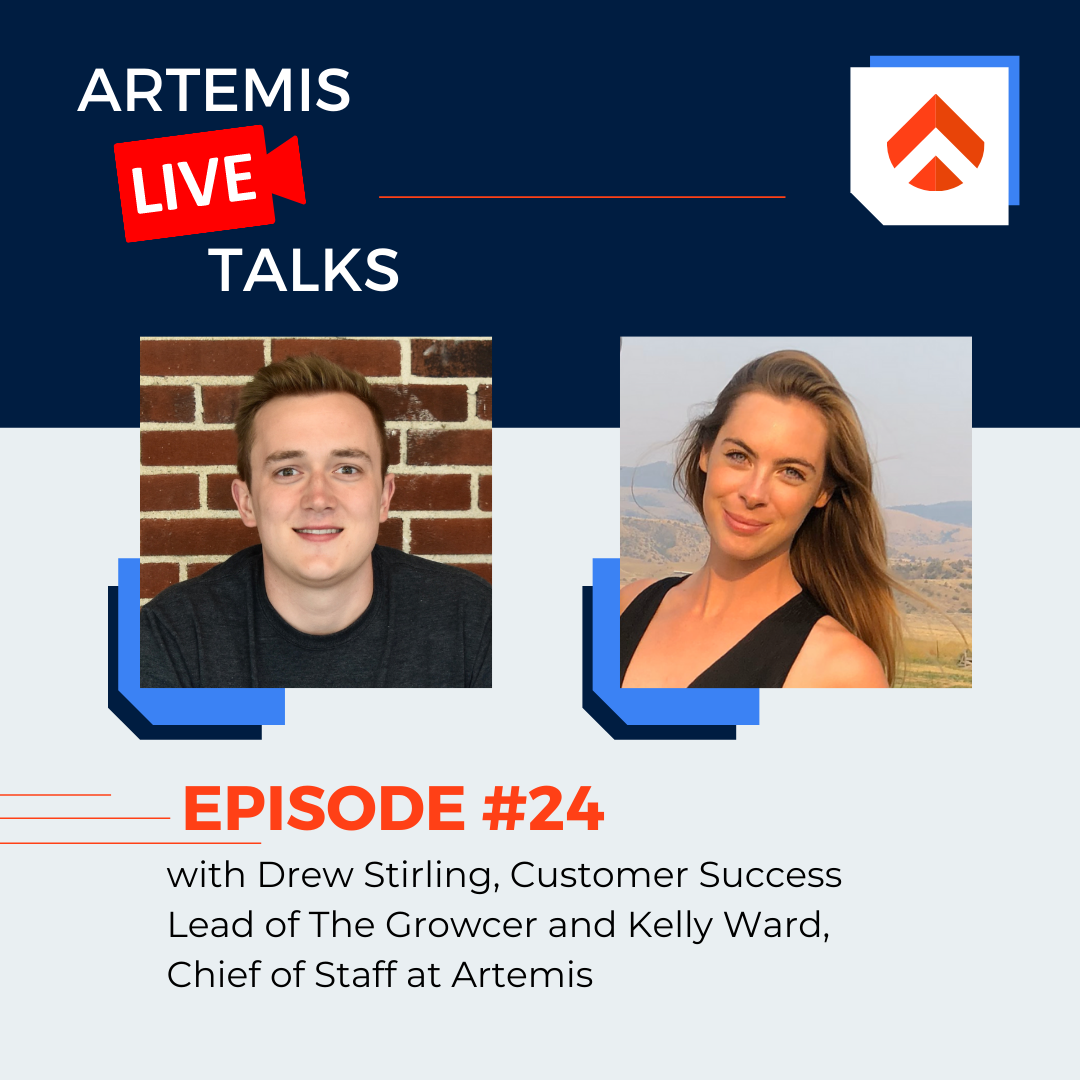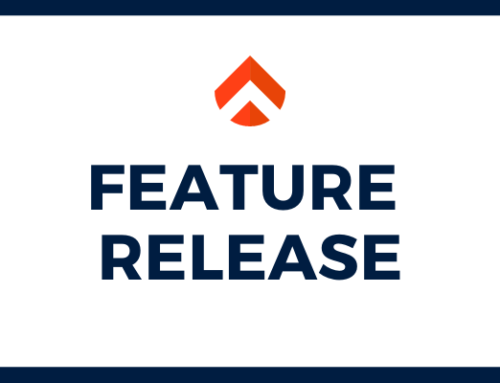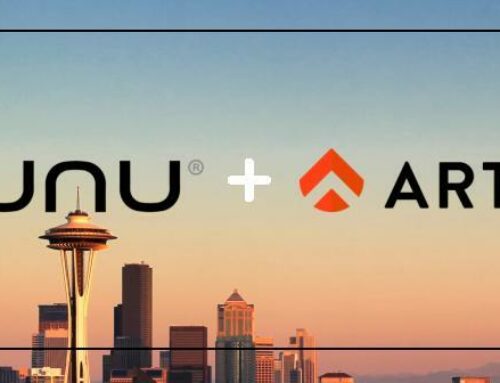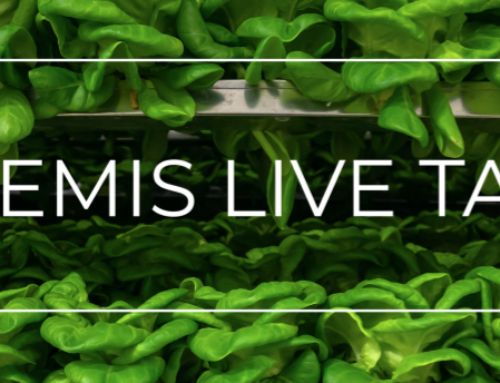 Every Thursday at 4pm ET, Artemis hosts an episode of Artemis Live Talks, where we interview folks from the agriculture industry. Drew Stirling, the Customer Success Lead at Growcer, joined us for Episode 24. Check out the full interview here.
Every Thursday at 4pm ET, Artemis hosts an episode of Artemis Live Talks, where we interview folks from the agriculture industry. Drew Stirling, the Customer Success Lead at Growcer, joined us for Episode 24. Check out the full interview here.
Growcer is one of the leading agri-tech providers in Canada. They provide hydroponic containers to farmers and have customers from the arctic to the desert. Drew works closely with customers to help them optimize their farms and keep their plants and businesses growing.
The importance of Customer Success in AgTech
As the Customer Success Lead at Growcer, Drew understands that Customer Success roles in the AgTech space are increasingly important now that software has become a critical component of running an efficient indoor farm. “It really is a partnership through and through. The value that we provide is focusing on customer experience.” Drew believes in a co-created approach to onboarding, focusing on the unique strengths and aptitudes of the grower sitting in front of him, whether they’re growing at a commercial level or managing a farm for the first time. “It really does put [your company] over the edge if you have that partnered approach, really understand [the customer], and have the emotional intelligence to know what levers to pull to get this customer to accelerate their growth.”
Helping Growers Develop their Tech Stack
Assessing your business needs and vetting software to figure out which will add the most value to your business can be a confusing and challenging process. Drew describes how Don Cronin, Artemis’ Enterprise Account Executive leading the Canadian market, made that process smoother for Growcer. “We had our first call and we looked at him like, okay this makes sense but we’re not sure if it’s the right software for us. But Don did a fantastic job of going through the discovery process and understanding what it was we were looking for and the value that we wanted to get out of Artemis for our customers. Pretty quickly he flipped my perspective… he knew what we were looking for and how we could shift this way or tweak that way. He really co-created a partnership approach that’s worked well. It’s definitely a good way to do business.”
Growcer and Artemis help customers make data-driven decisions
Growcer customers receive Growcer’s hydroponic containers that contain climate control software, as well as Artemis’ cultivation management software. “[Artemis] is such a valuable tool for us. It allows us to derive data driven insights out of our projects. We see how our projects are doing, where we can optimize, where there’s an area for improvement, but even more importantly where something might start to go a little bit sideways… One of the things that is tough with a farming business is often you don’t have an early warning sign and all of a sudden something is wrong with the crop. We use the metrics and data that Artemis provides, for example tracking yields across all of our customers’ farms on a week-over-week basis and a cultivar-by-cultivar basis. We can see the total units we should be harvesting out of the farm and check if we are getting the weight that we were expecting.” Drew knows from experience that if a crop is underperforming, it’s important to have the data to help understand why it’s underperforming. “If there’s one variety… that’s started to trail off, you know what it means and what we can do about it to correct it before it becomes a bigger problem… the biggest thing is being able to utilize the data to help customers make better decisions and improve their operations.”
Social Entrepreneurship
Drew talked about what it means when he says Growcer is a social enterprise. “There are a lot of textbook definitions of a social enterprise, but I like to keep it fairly simple when explaining it to people. At its core, it’s a for-profit business that has some sort of positive impact on society. Whether that’s a social benefit or an environmental benefit.” Making a positive impact on the world is core to what drives Growcer. “The social cause and mission that we get behind is being able to feed the world more sustainable and improving food sovereignty for individuals. It’s all about the ability to grow your own food and provide for your own community year-round.”
Food Sovereignty
Drew makes an interesting distinction between food security and food sovereignty. “Think of food security as the end goal… as safe, affordable and consistent access to food. Food security is the end state, but it doesn’t talk about how you get there and what that road map looks like. So when we talk about food sovereignty, the main difference is that we’re co-creating an all-encompassing strategy with our customers and with our partners, bringing that broader vision to life.”
Thank you, Drew Stirling, for joining us!





Leave A Comment